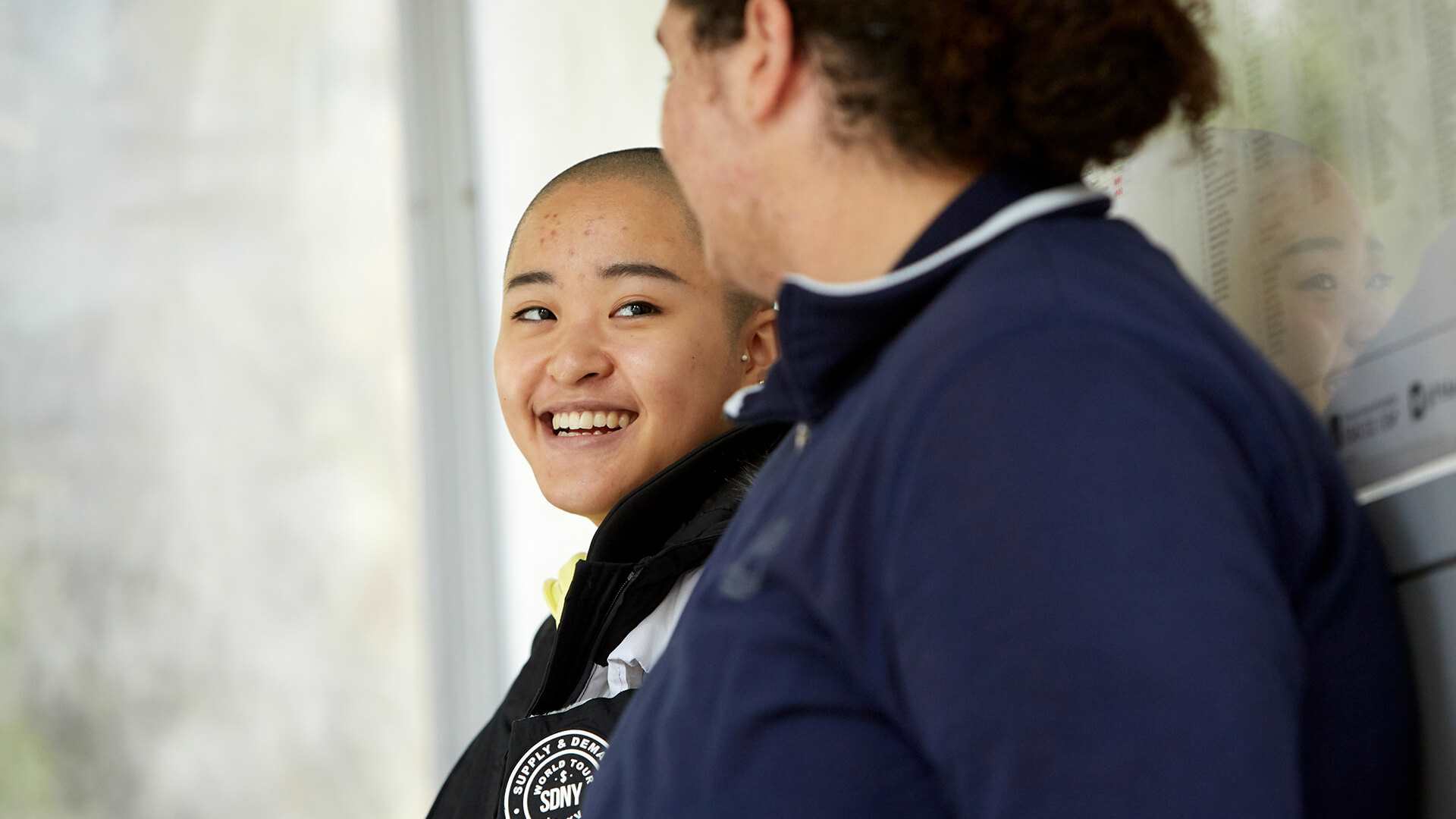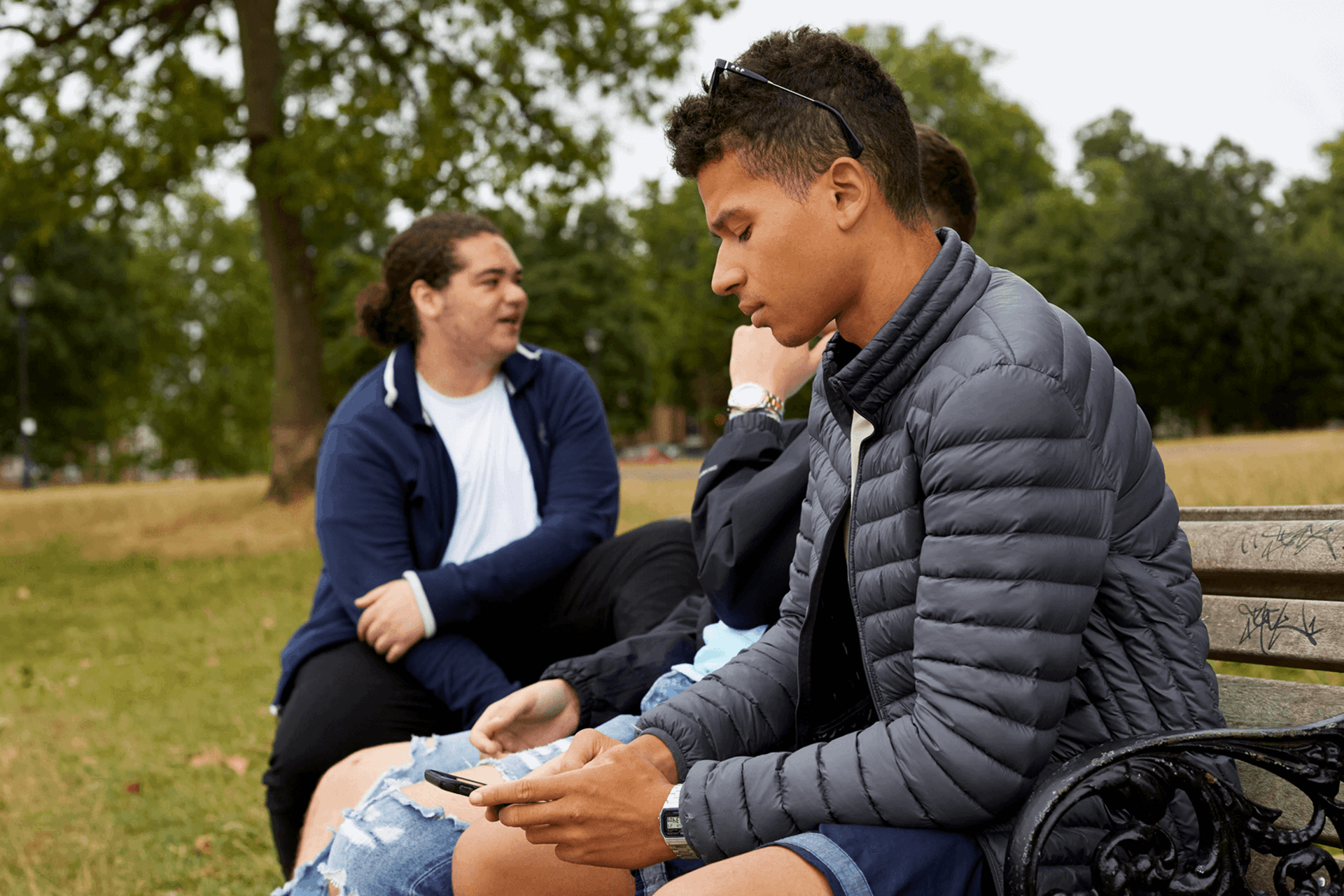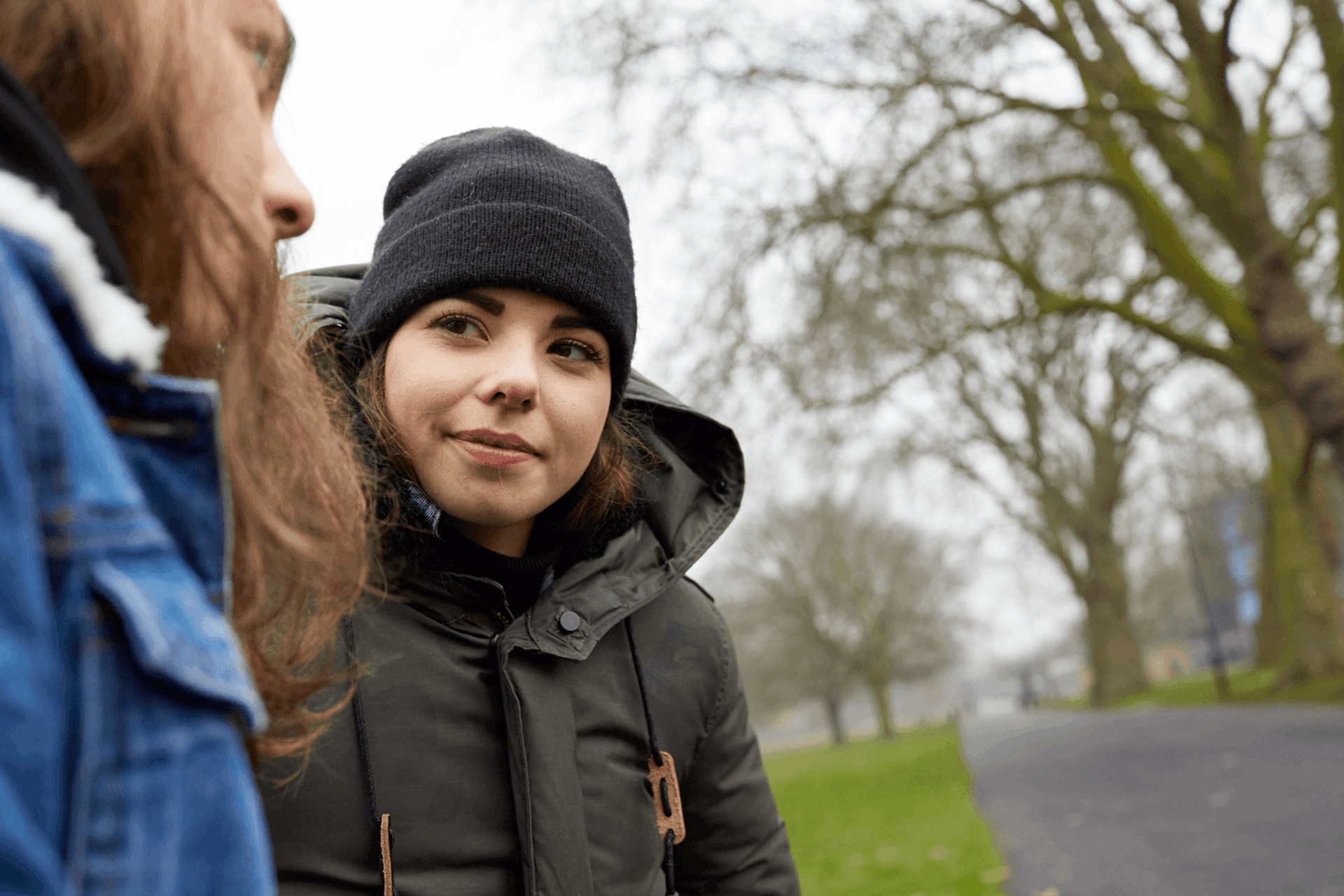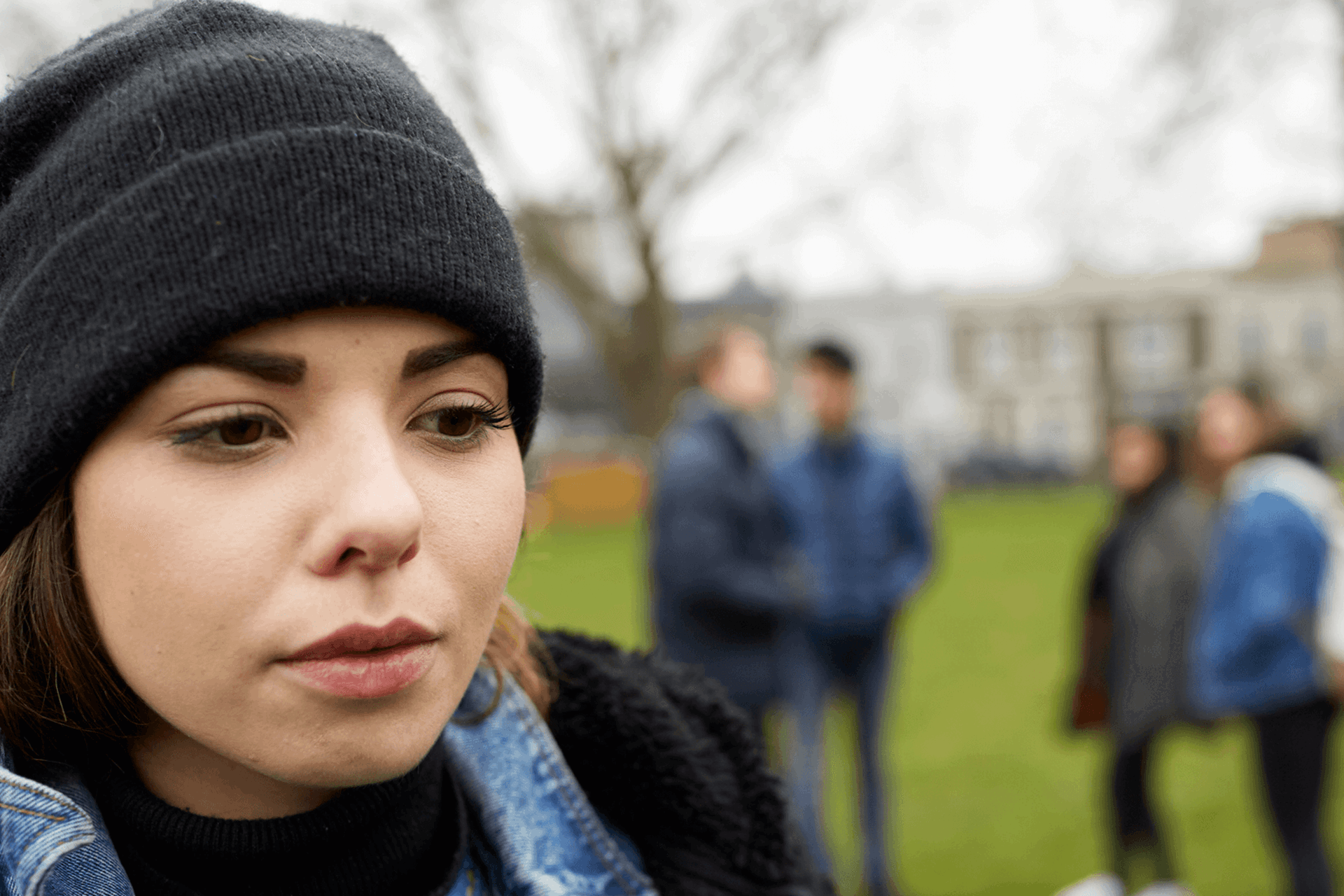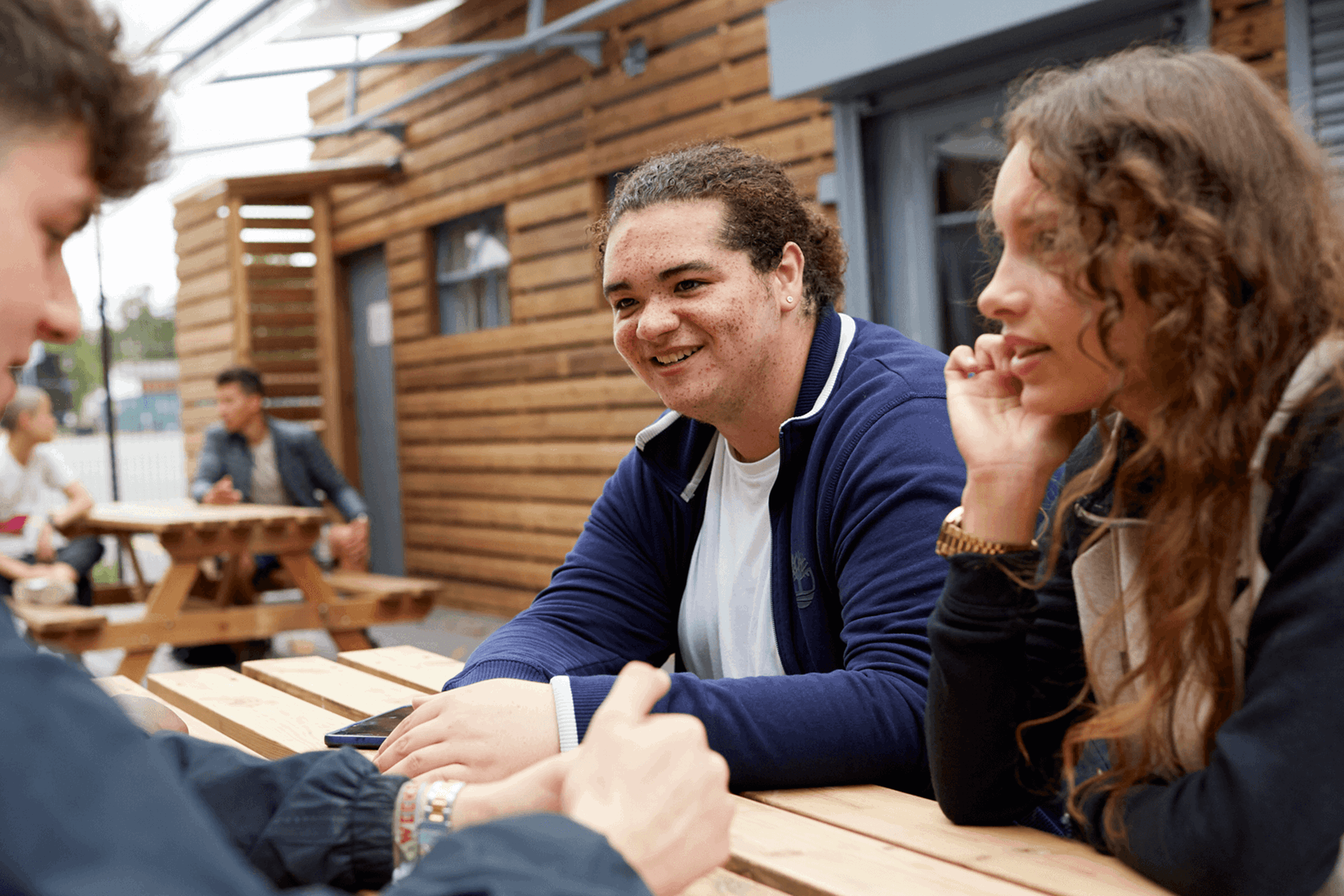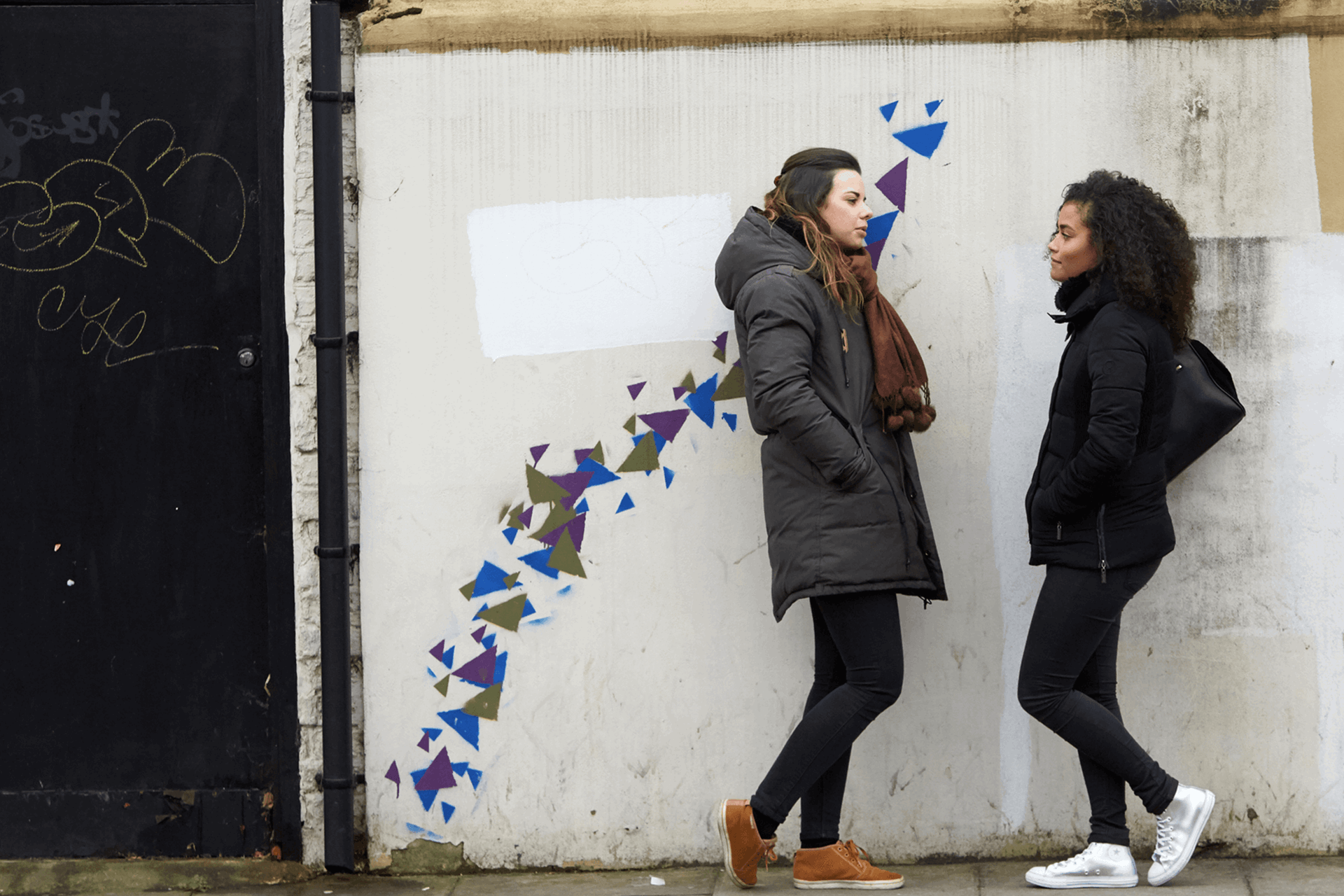Topics mentioned: anxiety, counselling and therapy
About: Bea shares some tips she learnt in therapy that have helped her manage her anxiety and social anxiety.
Around two years ago while I was in sixth form, my confidence plummeted after negative social experiences as well as being under immense academic pressure.
When sitting in a group, I started to find myself feeling uncomfortable, even when I was with people I would usually feel comfortable around. I constantly assessed things I could say to contribute, I worried about what others thought of me, and I spent a lot of time analysing my interactions and wondering whether I was embarrassing myself. It felt very isolating, and withdrawing myself from social settings only damaged my self-confidence even more.
Luckily, I was able to recognise that I had changed from the confident extrovert that I used to be to a doubting, anxious and intimidated person. So, I reached out to the school counsellor who told me I was experiencing mild social anxiety. She assured me that it was normal and actually quite common because of all the changes and immense pressure that young people go through. Then, she gave me two specific coping mechanisms for when a wave of anxiety hits.
When sitting in a group, I started to find myself feeling uncomfortable, even when I was with people I would usually feel comfortable around.
The first piece of advice was to count breaths - to slow down, sit still, and breathe in for seven seconds, out for 11 seconds. By counting your breathing, your mind is taken off the irrational thoughts that are whizzing round your head and you are simply concentrating on one thing: steadying yourself and breathing slowly.
The second tip, and arguably the most useful with a bit of practice, is addressing the anxious thoughts. I was told that I should ask myself calmly what it is that I am anxious about and go through in my head what there is in that situation, in that group of people, that I really need to worry about. The idea behind this is to break away from the irrational thoughts and consider them from a rational perspective. You can do this no matter what you’re anxious about; just ask yourself what you’re worried will happen and why it worries you.
The counsellor told me in these situations to say to the anxiety “thank you but no thank you.” This is a way of thanking your mind for looking out for you, but looking at the situation rationally for what it is. This reframes a negative experience of stress and anxiety as a more positive experience of your mind trying to look out for you.
The first piece of advice was to count breaths - to slow down, sit still, and breathe in for seven seconds, out for 11 seconds.
I found these two methods to be so important in overcoming my struggles with anxiety. After this I could recognise that my mind and I were on the same team, and that the anxiety I was experiencing was a defence and there was nothing to be fearful of. To this day, I still use these methods if I feel a wave of anxiety coming on, and they have truly helped me become stronger and more able to cope with difficulties in life.
Everyone experiences different emotions in different shapes and forms. Not everyone will have the same experience, but no one is alone. Normalising mental health is important and we should recognise that everyone can struggle with their mental health on different levels, even if they don’t have a diagnosis or they only experience mild symptoms. Everyone deserves help.
We should recognise that everyone can struggle with their mental health on different levels, even if they don’t have a diagnosis or they only experience mild symptoms. Everyone deserves help.
Where to get help
-
Samaritans
Whatever you're going through, you can contact the Samaritans for support. N.B. This is a listening service and does not offer advice or intervention.
- Opening times:
- 24/7
-
Childline
If you’re under 19 you can confidentially call, chat online or email about any problem big or small.
Sign up for a free Childline locker (real name or email address not needed) to use their free 1-2-1 counsellor chat and email support service.
Can provide a BSL interpreter if you are deaf or hearing-impaired.
Hosts online message boards where you can share your experiences, have fun and get support from other young people in similar situations.
- Opening times:
- 24/7
